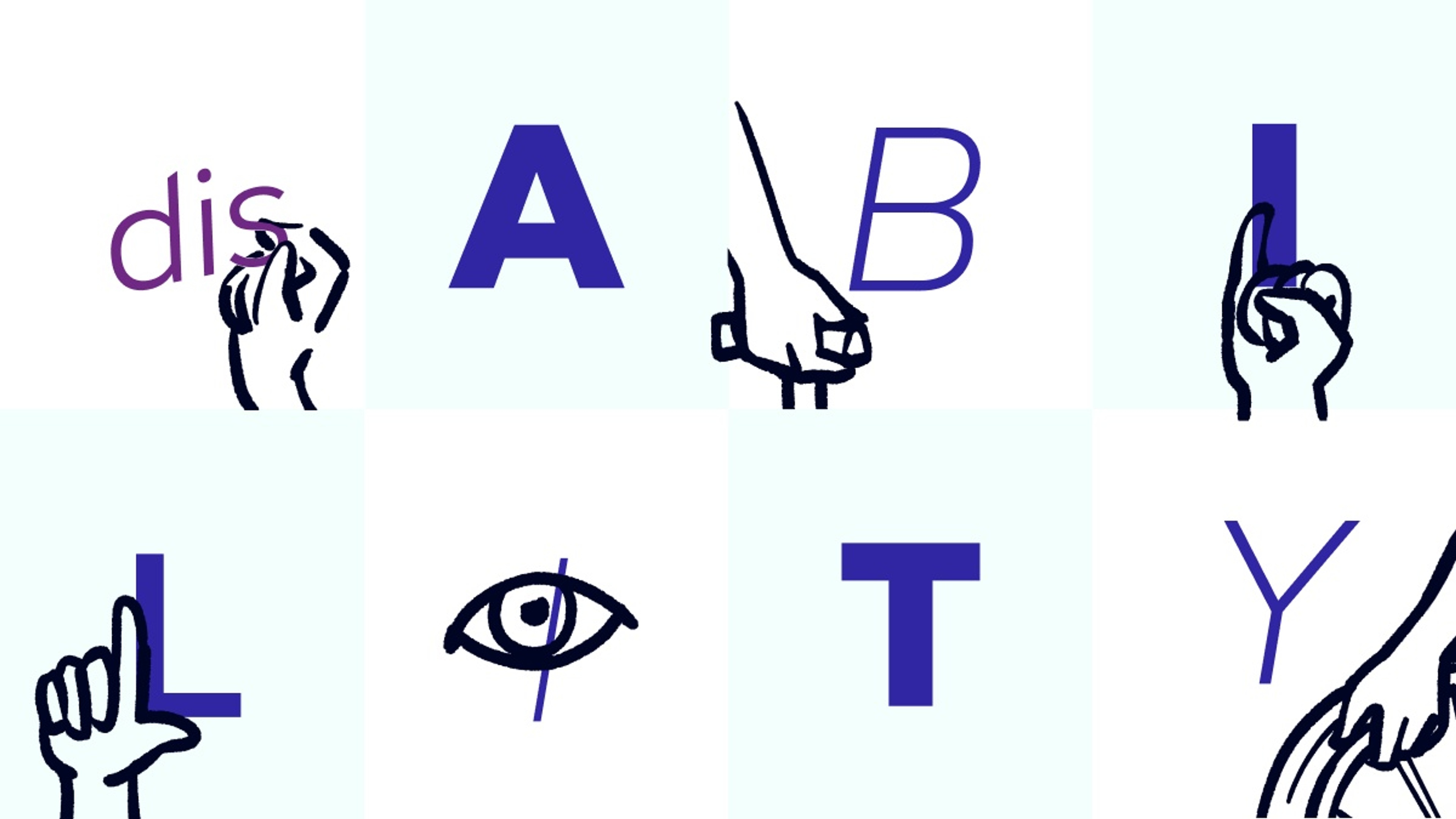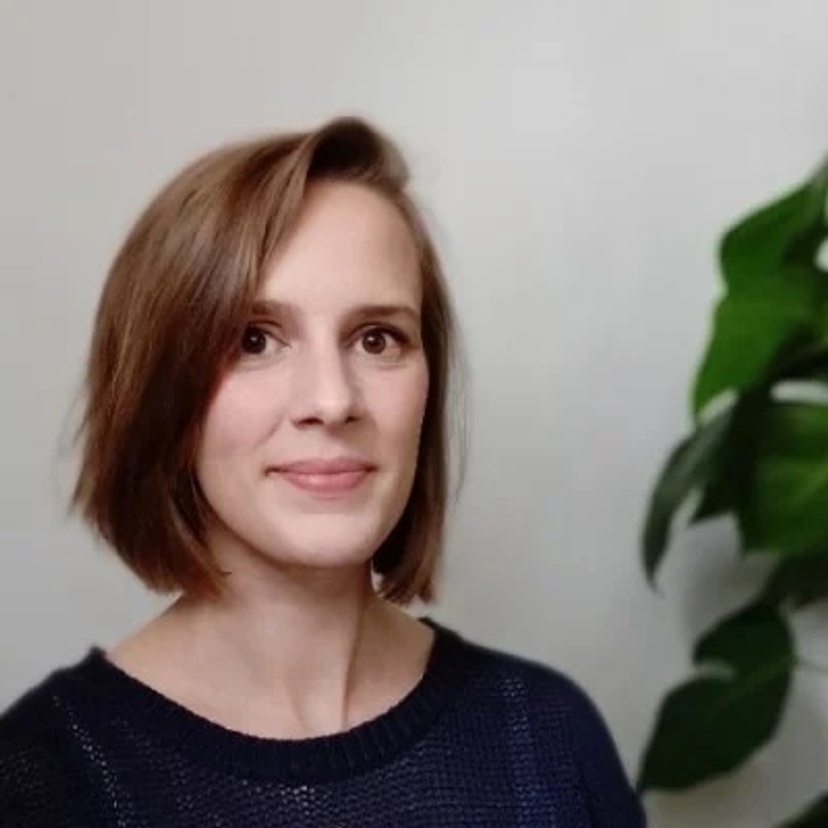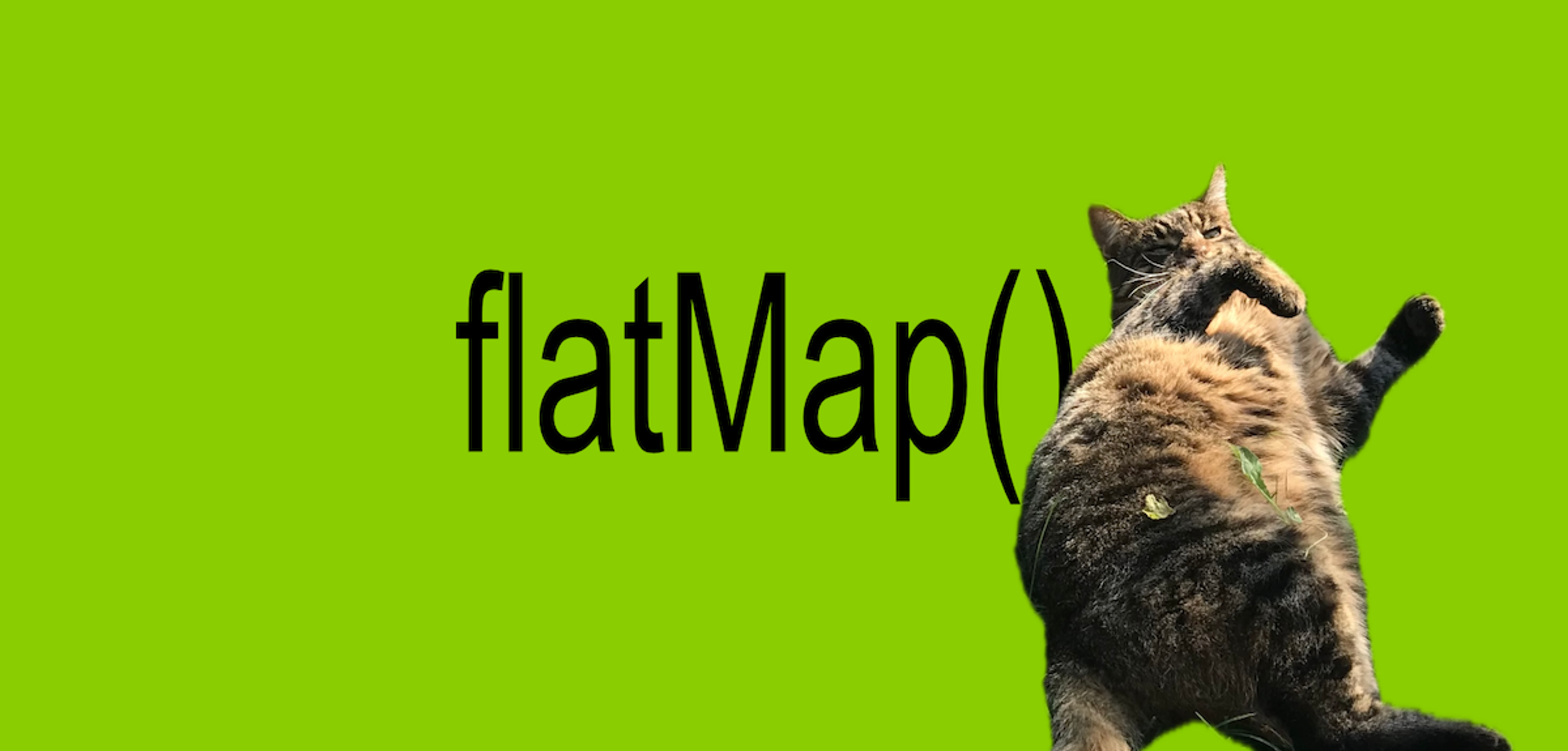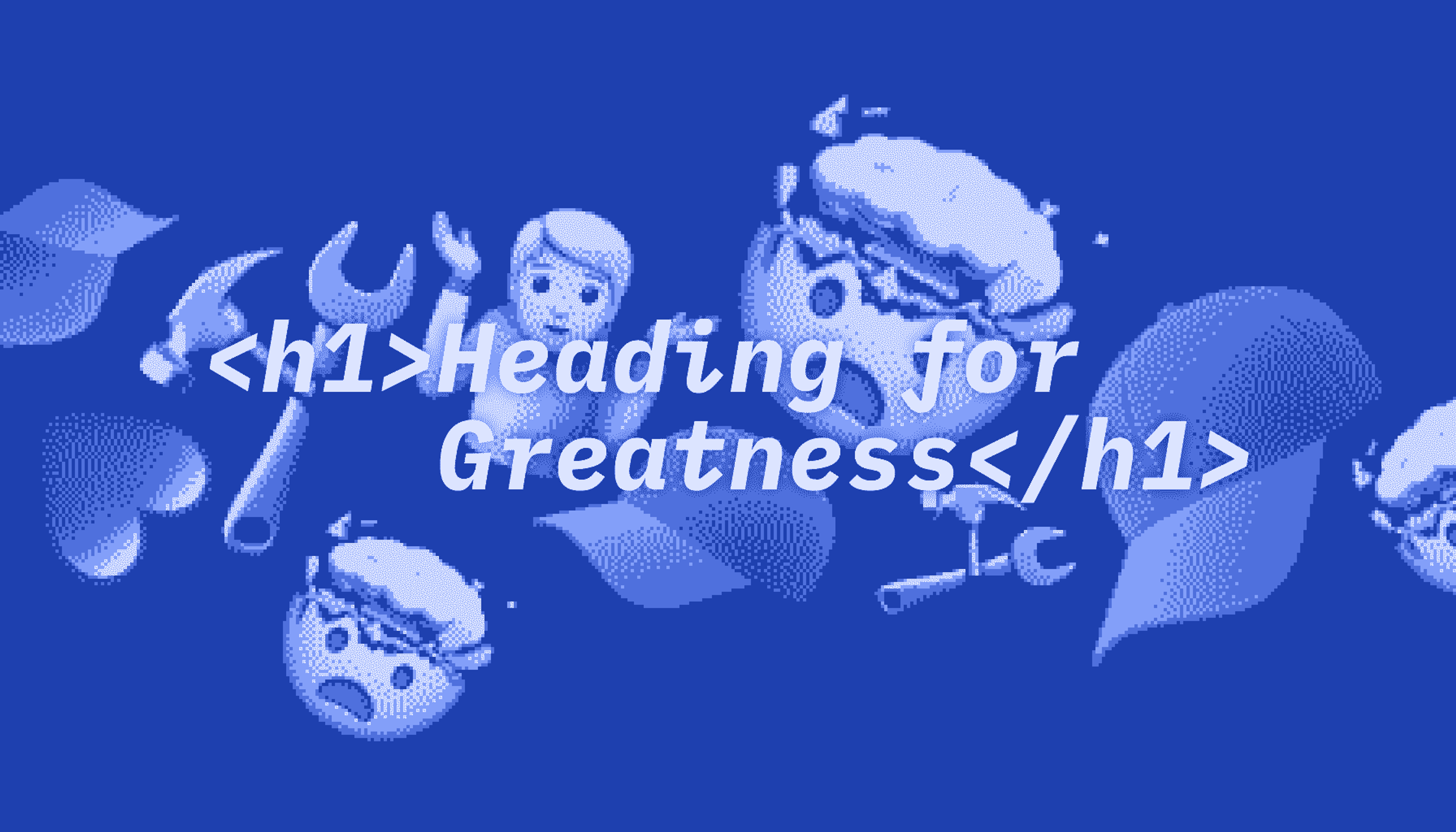
Peerigon goes purple

Klara
November 22, 2023
On December 3rd, we are joining #PurpleLightUp – celebrating the International Day of Persons with Disabilities (IDPD) – to raise awareness for accessibility and diversity in the tech industry. The campaign specifically draws attention to economic empowerment and participation as well as the contributions of people with disabilities.
Do you have a disability or know someone who has? If you don't, here are some numbers that show the importance of the topic for our society.
- more than 1 billion people worldwide (that's a 1 with 9 zeros!) live with disabilities¹
- in the DACH region alone the count exceeds 10 million (that's more than 10% of the population)²
- in Germany only 57% were integrated into the labour market in 2019 (vs. 82% not-disabled people)³
- about 88% of disabilities are caused by diseases⁴
- only 3% of disabled people have one by birth⁴
- it is estimated that 70-80% of disabilities are not visible⁵
It's very important to keep in mind that since the causes of disabilities are highly individual, so are their impacts. At times these impacts might even co-occur. Types of impairments include:
- vision impairments
- deaf or hard of hearing
- mental health conditions
- intellectual disability
- acquired brain injuries
- chronic illness
- physical disability
- neurodiversity

Source: myAbility, 2022
Similar to how each person is unique, each disability is, too. And a person's disability is not directly related to their ability to perform. With that said before we generalize and make assumptions it is more sensible to approach each person with openness and kindness.
WHO, 2021
Trying Things the Peerigon Way
When I started my job earlier this year I knew I would join an open-minded and welcoming team. Early on in the interview process I was able to share my story as well as my struggles regarding mental health. I was met with respect, curious questions, and the intent to support me should I need anything. It's clear that everyone is determined to include people from all walks of life to build a diverse team with a rich set of experiences.
Since then I've been positively surprised time and time again. My new colleagues really seem to walk the talk. And are open-minded and willing to make changes in the case someone brings up an issue.
Flexible Working Arrangements & Working Hours
Even before signing my contract Stephan – the department head responsible for HR – was very adamant to let me know that the company is offering various models of working arrangements. Be it full- or part-time, remote, onsite or hybrid, the possibility to take a sabbatical, or adjust hours at any point. There's a difference in reading benefits like these in a job advert or having someone genuinely talking about them out of conviction.
In my first week I noticed that a lot of my colleagues enjoy the possibility of working less than the standard 40 hours: some people want to spend time with their families, some work one day a week at another job, or on a project they're passionate about. People valuing a day off in the week to enjoy their hobbies or to rest. The question from where everyone works is handled as individual as the people. Some work the office, some are on site twice a year to join the team events and work otherwise remotely from all over the world.
Even though I live not as far from Augsburg I also chose to work primarily from home. I am able to focus better than in an office setting and enjoy the long stretches of uninterrupted work as a developer. I also decided to work full time myself. Still I am able to arrange my work in alignment with the project team according to my energy levels and my needs that day. The possibility to decide freely when and from where I work on a daily basis is for me personally one if not the most crucial indicator for a positive work experience. Even if the different work arrangements within the team can mean to wait a moment or two for an answer in chat or to get a review on a pull request.
Every Peeri is Unique
Every Thursday is Peerigon day – a day for every team member to follow their (professional) interest, learn from each other, help shape the company, and the culture. Starting a new job is always exciting, but being able to participate and get involved – even outside of my expertise – so quickly is very unique. And there are more opportunities than I can list: you can join passion groups that consist of a few team members tackling specific issues, implementing ideas, share your knowledge in internal training sessions, discuss interesting tech topics with others in the monthly COPE (Cross Project Knowledge Sharing meeting), or write blog posts for the company website! 😉
Learning about the differences, areas of expertise and interests of every single Peeri is one of my favourite aspects of my new job. The moment I learnt that some colleagues take a sign language course sparked my curiosity to get to know others more – even beyond their professional expertise. Unfortunately it is not always as easy remotely to get to know others as it would be onsite. Inspired by different gaming communities – that are using Discord for communication – I created a new channel named "Introduce yourself 👋" in MS Teams. Now everyone is able to share those very things that sometimes take years to discover about each other. Especially in a distributed team.
A few of my highlights about each other: one is a lover for lists, one is programming games in their freetime and most share the curiosity to talk about anything the other is passionate about. It opens up the space for interesting conversations – either discovering unexpected similarities about each other or asking questions to understand better and learn more. At least five of my colleagues shared with me or the team their life and experiences with a disability.
Inclusion Matters
Source: myAbility, 2022
Flexible work arrangements, meetings to embrace failure or share learnings, and introduction channels are just a couple of examples of how taking small steps can make a difference. While we at Peerigon do many things right already there are always ways to improve things further. Ideally inclusion is an upward spiral: we constantly meet new people in our (work) lives and thus new needs arise that we strive to accommodate. The way we shape our everyday working environment can influence how inclusive it feels for newcomers. After all I firmly believe that connecting as humans – through similarities and differences – is what enables us to become better developers and create equal access to what the web offers for everyone.
Joining #PurpleLightUp for us is a matter of the heart and integrity. In comparison we are still a rather small company but we believe that diversity and inclusion comes with every new perspective, learning from each other every day, and implementing lessons learned in our lives. Every single step – we as a society take – counts.
¹ See World Health Organization (WHO) Disability Report
² Extrapolated number of reported statistics, probably higher due to unrecorded cases. See Destatis GER, Bundesministerium AT – Soziales, Gesundheit, Pflege & Konsumentenschutz, Bundesamt für Statistik CH
³ Destatis GER
⁴ Rehadat: Statistik der schwerbehinderten Menschen
⁵ Invisible Disability, Hidden Disabilities
PS: Thanks to Judith, Julia, Celestine, Irena, Johannes & Leo for helping me bring this blog post to life.
#PurpleLightUp 2022
#InclusionMatters
company culture
diversity
Read also

Leonhard, 07/15/2024
User Input Considered Harmful
TypeScript
Web App Development
Best Practices
Full-Stack
Validation

Irena, 07/14/2024
Why flatMap() is easier than filter() in TypeScript apps
Typescript 5.5
Array Methods
flatMap
filter
map

Moritz Jacobs, 01/29/2024
Heading for Greatness — A React Developer's Guide to HTML Headings
HTML Headings
Best Practices
Uberschrift
Accessibility
SEO

Peerigon: the company for bespoke software development.
service
workshop
Do you already know Konsens, our free online tool?




